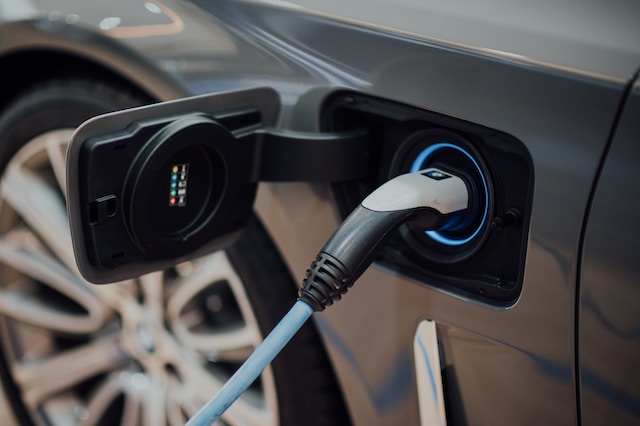In recent years, the automotive industry has witnessed a profound shift as electric vehicles (EVs) surge in popularity. As society increasingly prioritizes sustainability and governments implement stricter emission regulations, major automobile manufacturers are facing a seismic shift in their profits and economics.
The Rise of Electric Cars: Disrupting the Status Quo
The advent of electric cars has injected new life into the automotive industry. With their sleek designs, superior performance, and zero-emission capabilities, EVs have captured the imagination of consumers worldwide. This surge in demand has forced major automobile manufacturers to adapt swiftly or risk losing their market share to forward-thinking competitors. As a result, traditional automakers are diverting significant resources towards electrification, heralding a new era of profitability.
The Electric Revolution and its Impact on Profitability
The shift towards electric vehicles holds profound implications for the profitability of major automobile manufacturers. While EV production initially posed financial challenges due to the high cost of research, development, and infrastructure, the scales are rapidly tipping in favor of profitability. Technological advancements and economies of scale have led to cost reductions in battery production and vehicle assembly, making EVs more cost-competitive than ever before. Moreover, the reduced maintenance requirements of electric cars, coupled with the growing charging infrastructure, offer long-term cost advantages for both manufacturers and consumers.
Shifting Strategies: From Combustion to Electrification
As automakers pivot towards electric mobility, they must rethink their strategies to capitalize on this new wave of profitability. Manufacturers are investing heavily in research and development to improve battery technology, extend driving ranges, and reduce charging times. Simultaneously, they are expanding their electric vehicle portfolios, targeting various market segments to cater to different consumer preferences. By aligning their production capacities and supply chains with the growing demand for electric cars, major manufacturers can optimize profits and remain competitive in a rapidly evolving industry.
The Emergence of New Revenue Streams
The transition to electric vehicles also opens up new avenues for revenue generation. As manufacturers establish partnerships with energy companies and utility providers, they can tap into the growing market for vehicle-to-grid integration, providing services such as energy storage and grid stabilization. Additionally, the rise of autonomous driving technologies presents opportunities for automakers to offer value-added services like ride-hailing and mobility-as-a-service, further diversifying their revenue streams and bolstering profitability.
The rise of electric cars is revolutionizing the automotive industry. As electric mobility gains momentum, it is crucial for manufacturers to embrace this paradigm shift to unlock new levels of profitability and cement their positions as leaders in the evolving automotive landscape. Our team at Appraisal Economics provides valuations that account for this changing landscape. Companies like BMW have relied on us to accurately assess the value of their assets, including intellectual property, manufacturing facilities, and technology, as they make strategic decisions to transition to electric mobility.

